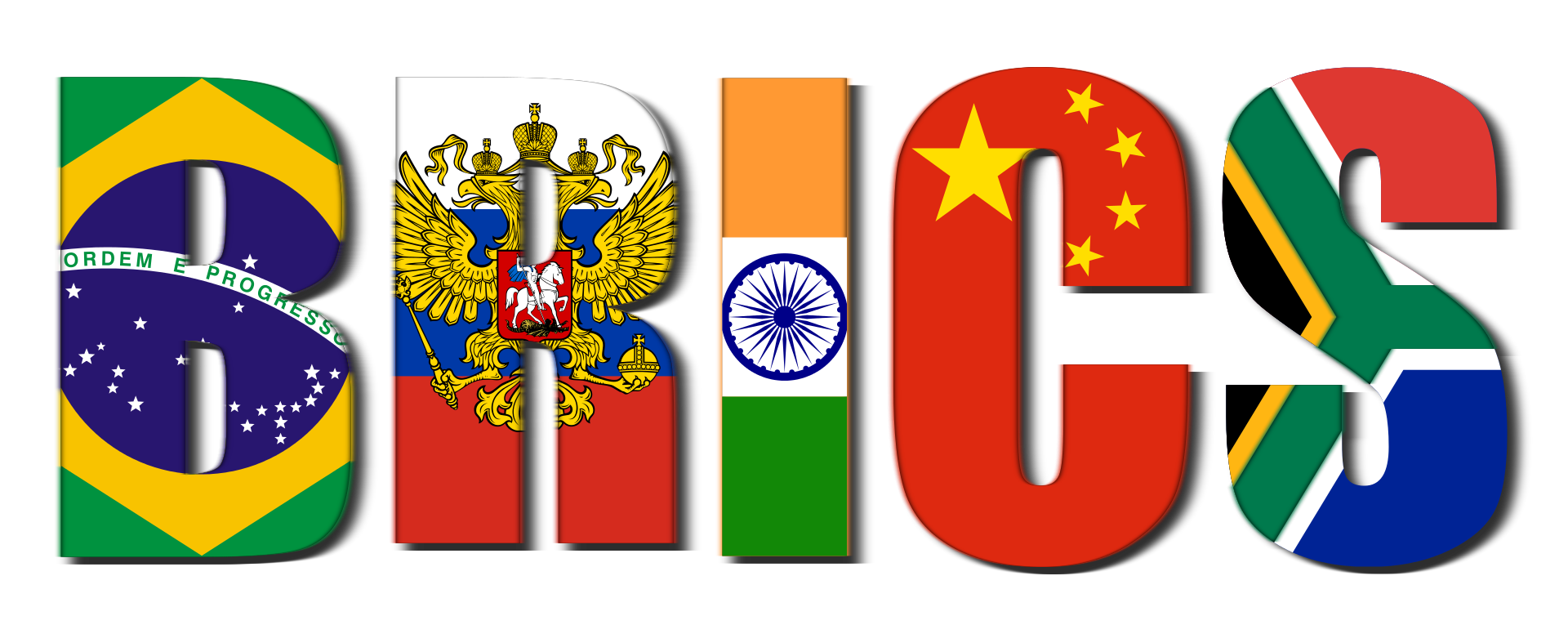
For the past 80 years, the United States dollar has maintained its dominant status as the world’s primary reserve currency. However, a coalition of developing nations within the BRICS (Brazil, Russia, India, China, and South Africa) group is now showing an increasing determination to challenge this supremacy through the process of de-dollarization. This effort aims to reduce the influence of the US dollar in global governance and financial transactions.
Russian President Vladimir Putin emphasized the “irreversible” and “gaining pace” nature of the de-dollarization process during a virtual address at the BRICS summit in Johannesburg, where leaders from the five member countries convened for discussions. Since the end of World War II, the US dollar has held the status of the principal global reserve currency, with an estimated utilization in over 80 percent of international trade.
Calls for a shift away from dollar dominance are not new, but recent geopolitical shifts and growing tensions between the West, Russia, and China have brought them to the forefront. Western sanctions imposed due to Russia’s invasion of Ukraine and restrictions on technology exports to China have spurred discussions on finding alternatives to the dollar in trade and investment.
Experts point out that the de-dollarization trend is more practical than ideological. Countries in the Global South seek alternatives due to concerns about the dollar’s potential for political manipulation. Gustavo de Carvalho, a policy analyst on Russia-Africa ties, emphasized that countries in the BRICS group are looking to diversify their financial interactions rather than confrontational competition with the West.
While talk of an alternative global currency has ignited discussions on replacing the dollar, the South African BRICS ambassador, Anil Sooklal, clarified that the primary objective is to provide the world with more choices rather than replacing the dollar entirely. He emphasized that BRICS aims to diminish the dollar’s disproportionate influence in global financial interactions.
The path toward de-dollarization, however, is complex. While local currencies are being explored for trade settlements, the adoption of local currencies poses challenges related to convertibility and the development of cross-border payment mechanisms. For instance, local currencies need to be more widely held by trading partners to facilitate conversion and liquidity, which requires policy changes and international cooperation.
In the long run, experts remain cautious about a sudden shift away from the dollar. The idea of creating a separate currency for BRICS is deemed unlikely due to inherent differences among the economies. Even if such a currency were created, it might be dominated by the largest economy in the group, China, potentially limiting the freedom of action for smaller economies.
While de-dollarization efforts continue, the US dollar’s role as the primary global reserve currency is expected to persist for the foreseeable future. It remains the reference price for commodities like oil, indicating its central position in determining global trade values. Despite the pursuit of alternatives, the dollar’s dominance remains a defining feature of the global financial landscape.

